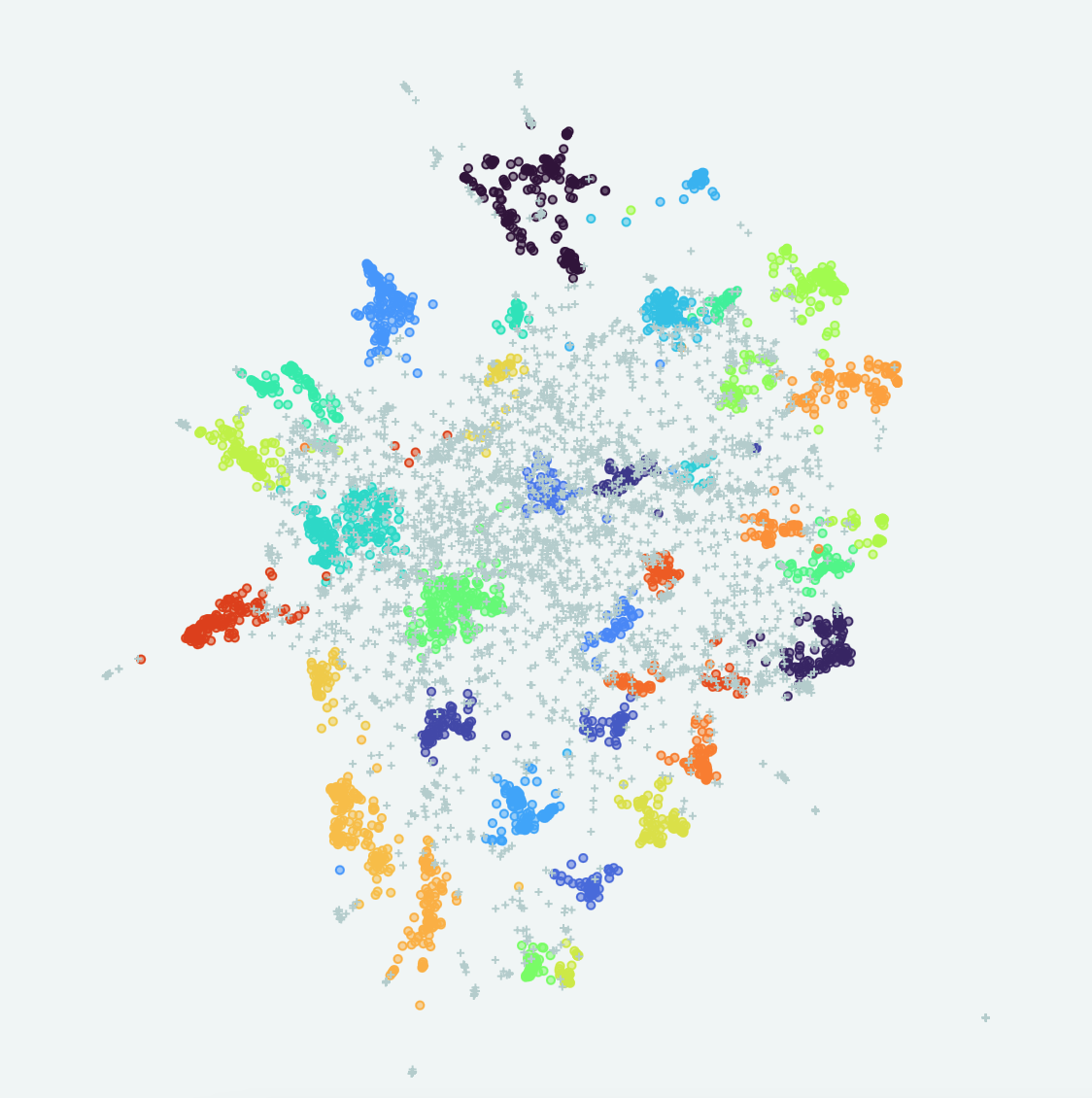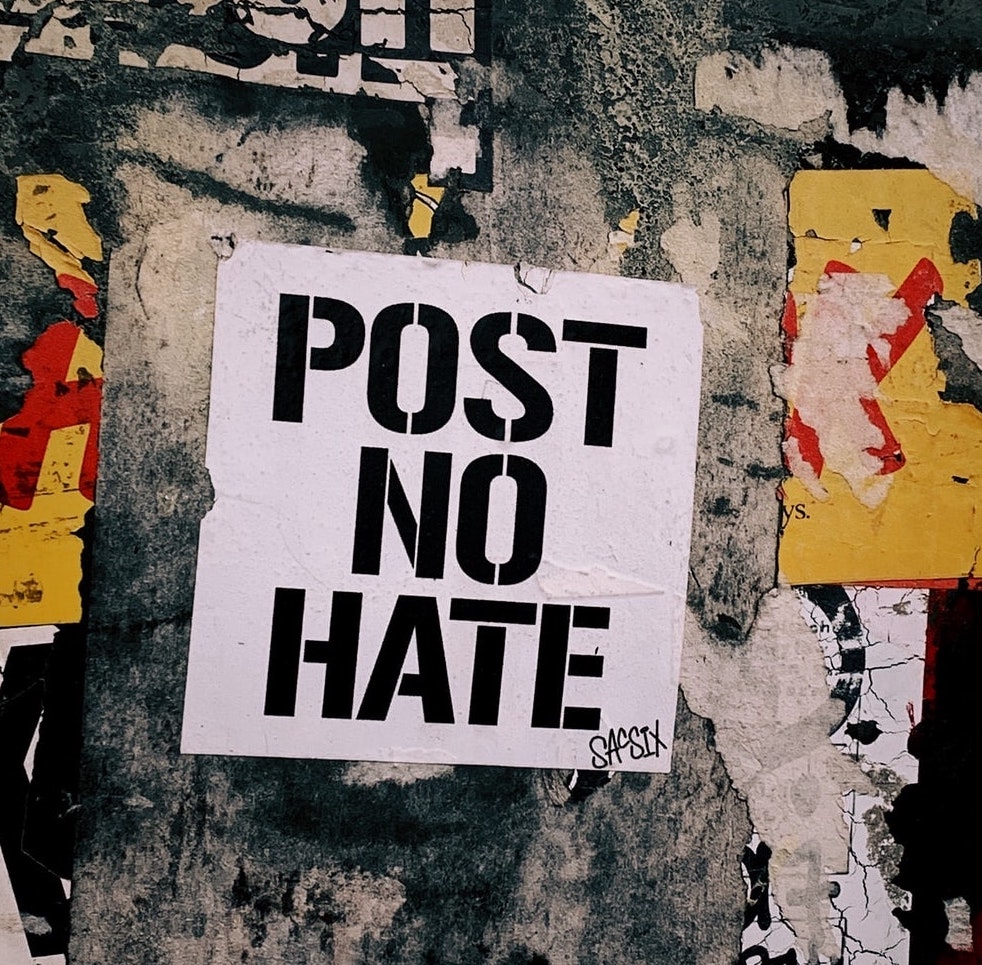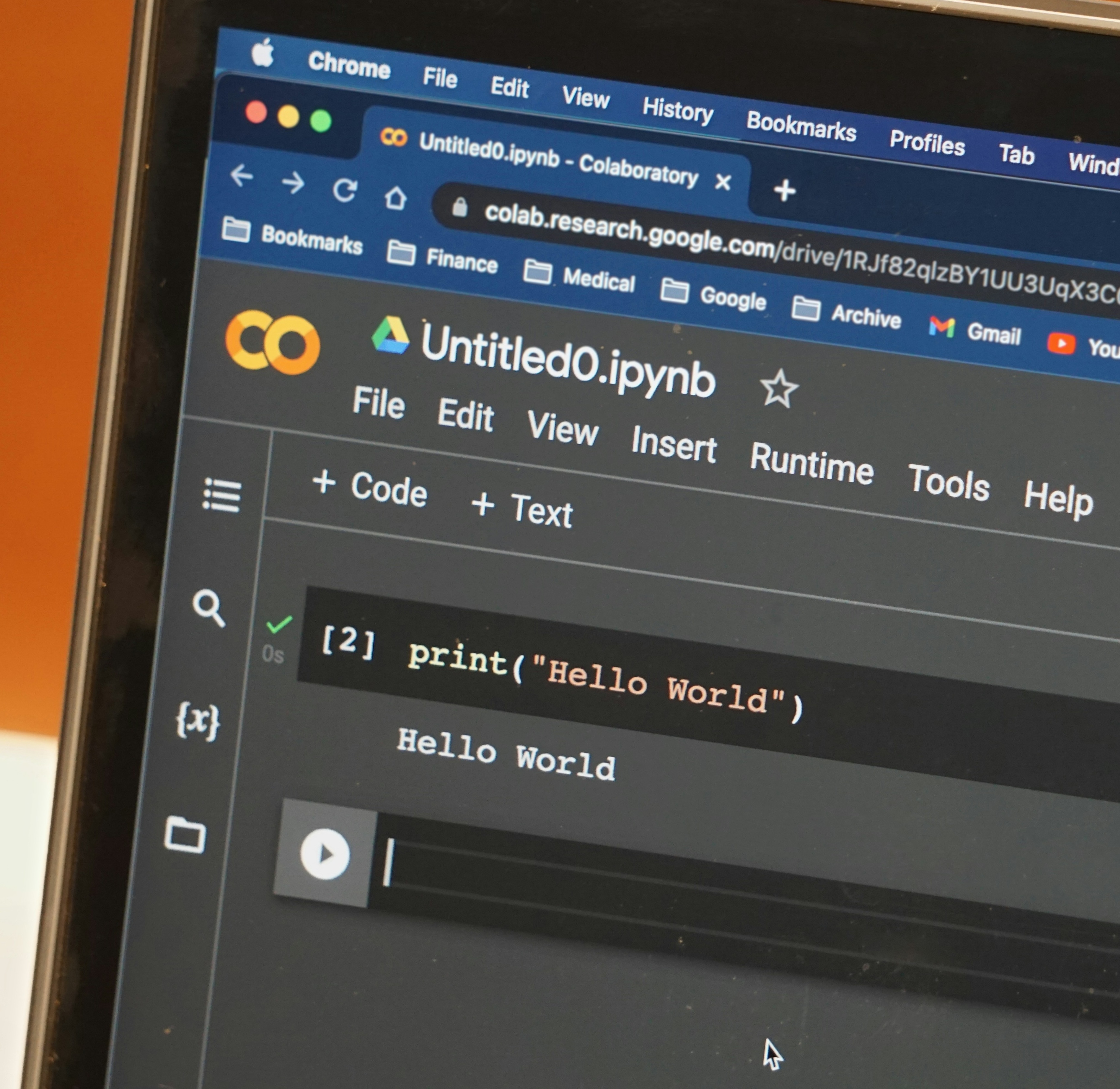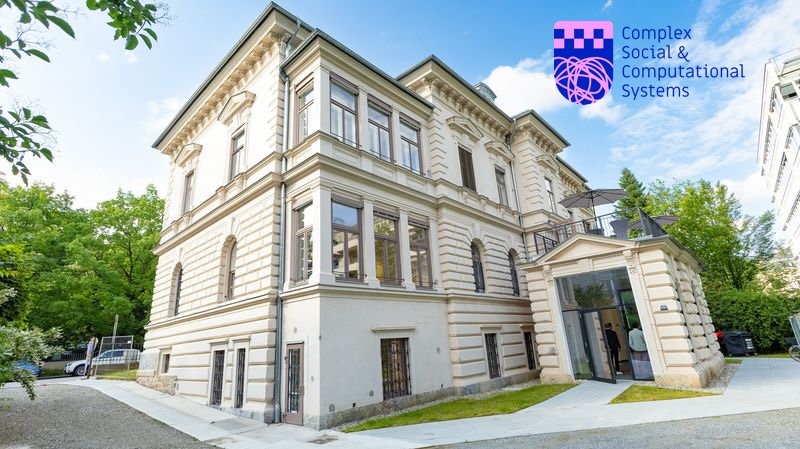Herderich, A., Freudenthaler, H. H., & Garcia, D. (2024). A Computational Method to Reveal
Psychological Constructs from Text Data. Psychological Methods, Advance online publication.
https://doi.org/10.1037/met0000700
Lasser, J.*, Herderich, A.*, Garland, J., Aroyehun, S. T., Garcia, D., & Galesic, M. (2023).
Collective moderation of hate, toxicity, and extremity in online discussions. ArXiv.
https://arxiv.org/abs/2303.00357
Herderich, A.*, Lasser, J.*, Galesic, M., Aroyehun, S. T., Garcia, D., & Garland, J. (2024).
Measuring complex psychological and sociological constructs in large-scale text. PsyArxiv.
https://doi.org/10.31234/osf.io/tzc9p
Li, J. Z., Herderich, A., Nair, P., & Goldenberg, A. (2025).
Skill but not Effort Drive GPT Overperformance over Humans
in Cognitive Reframing of Negative Scenarios. PsyArxiv.
https://doi.org/10.31234/osf.io/fzvd8
Herderich, A., Li, J. Z., & Goldenberg, A. (2024).
Data-driven classification of interpersonal reappraisals reveals eight
distinct reappraisal strategies [Scholarship Paper]. Austrian Marshall Plan Foundation.
https://www.marshallplan.at/papers-2024
Röseler, L., Kaiser, L., Doetsch, C. A., Klett, N., Seida, C., Schütz, A., …, Herderich, A., …, & Zhang, Y. (2024).
The Replication Database: Documenting the Replicability of Psychological Science. Journal of Open Psychology
Data, 12(8), 1-23. https://doi.org/10.5334/jopd.101
Frank, M., Grüning, D. J., Pronizius, E., Korbmacher, M., Elsherif, M. M., Bergmann, L., … Herderich, A. (2024).
Mapping students' Open Science attitudes and preferences: Country and education level differences -
PCI RR Stage 1 Report. PsyArxiv.
https://doi.org/10.31219/osf.io/7gbvp







